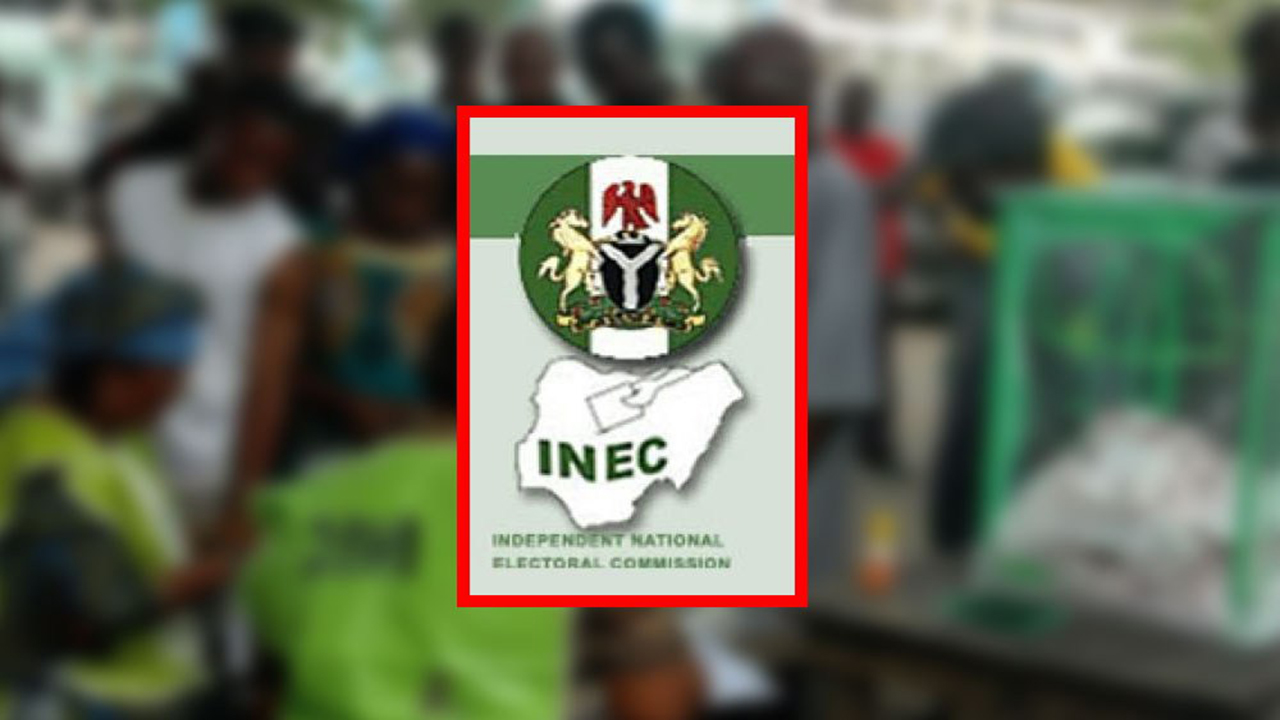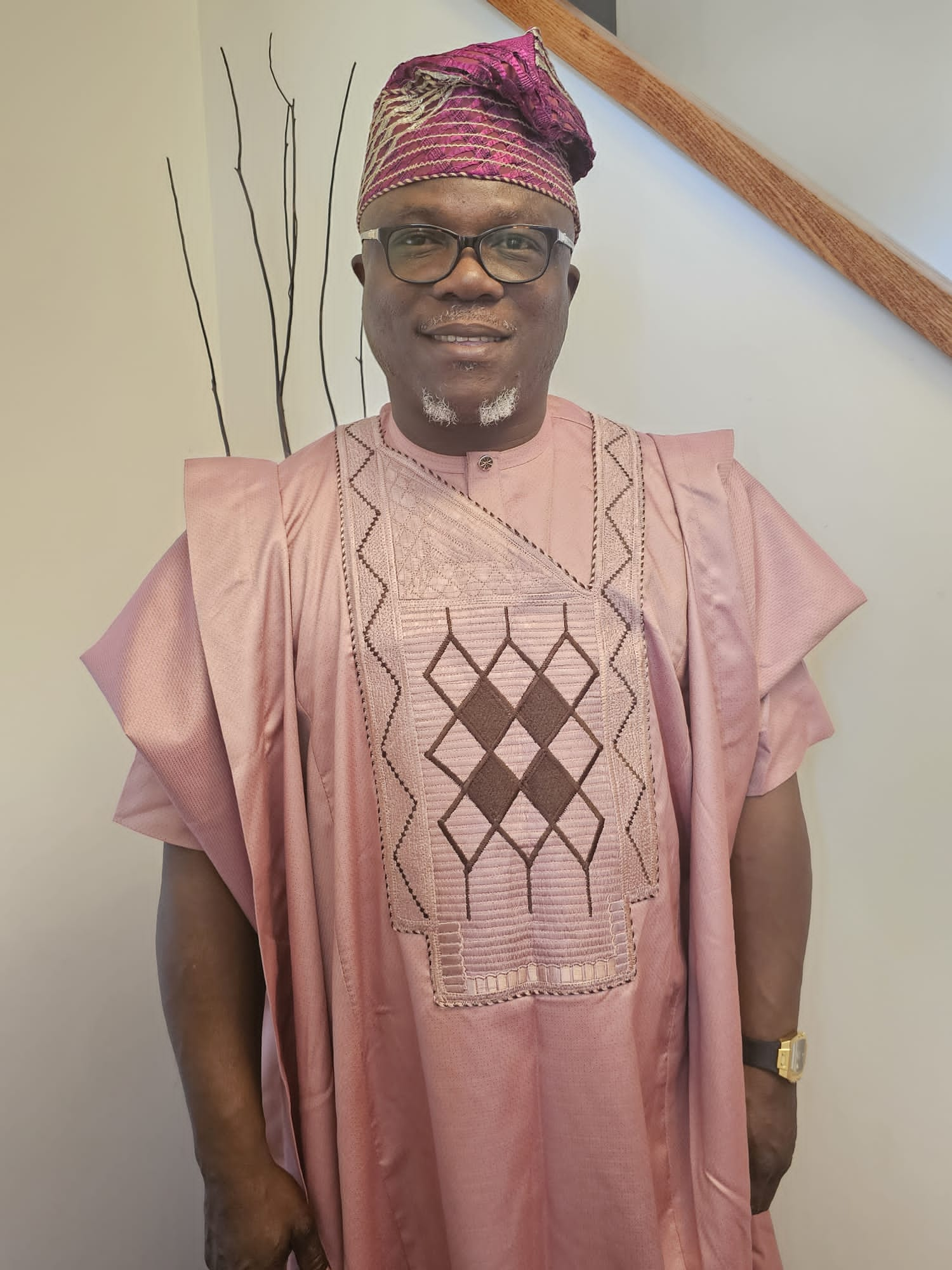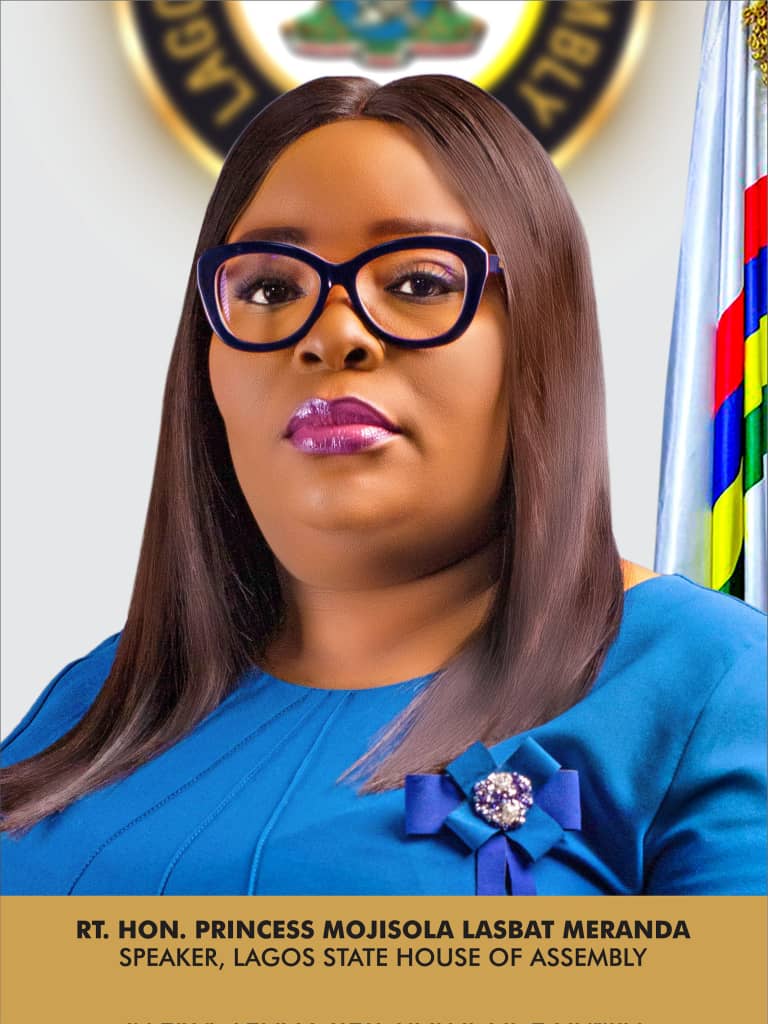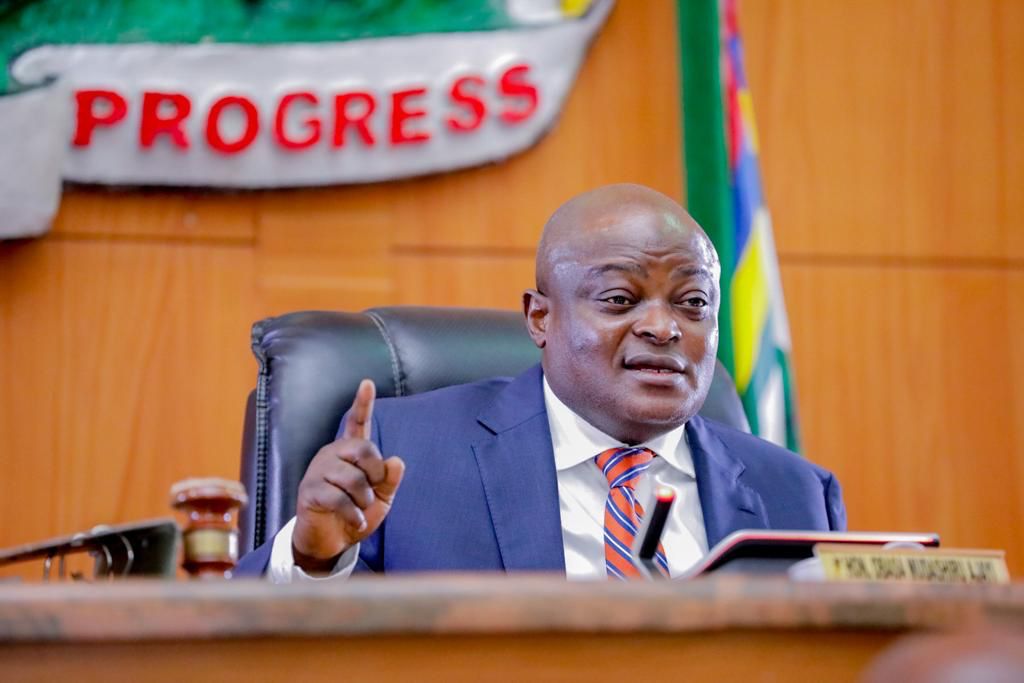The Independent National Electoral Commission (INEC) has suspended physical registration of voters in Anambra, though online pre-registration of voters in the state would still continue.
INEC Chairman, Prof. Mahmood Yakubu, disclosed this at the commission’s 3rd quarterly meeting with leaders of political parties on Monday, in Abuja.
He said that the decision was to enable the commission to prepare for the state governorship election scheduled for Nov. 6.
This is just as he disclosed that 717, 947 Nigerians had so far participated in the nationwide physical registration at INEC state and local government offices, beginning from July 26.
“Today, it is exactly two months (or 60 days) to the election. As you are aware, the commission devolved the Continuous Voter Registration (CVR) to the 326 Registration Areas, in addition to the 21 Local Government offices and the State office of the Commission.
“The physical exercise was suspended yesterday, i.e. 60 days to the election, as required by Section 9 (5) of the Electoral Act 2010, as amended.
“However, the online pre-registration option will continue to be available, but no appointment for completion of registration can be scheduled until after the election.
“The commission will use the next few weeks to compile the register of voters for claims and objections, clean up the data, print the PVCs for collection by registrants and compile the register for each of the 5,720 polling units in the state”, he said.
Yakubu assured that every newly registered voter in the state, including those who applied to transfer from within and outside the state, or for the replacement of damaged or lost Permanent Voter Cards (PVCs), would have their cards printed and made available to them before the election.
He said each political party fielding candidates in the election would be given a copy of the voters’ register on Oct. 7.
On the weekly updates for week 11 of the nationwide CVR, Yakubu said as at 7am on Monday, Sept. 6, a total of 2,729,819 fresh voters had completed their pre-registration online.
On the nationwide physical registration at INEC state and local government offices, which began on July 26, Yakubu said so far 717,947 Nigerians had completed their registration at the designated centres.
“With the benefit of technology, we have also been providing detailed information on the cumulative distribution of registered voters by age, occupation, gender and disability on weekly basis.
“By doing so, we hope leaders of political parties will use the information in articulating their manifestos and planning their campaigns to target the concerns of specific categories of citizens.
“For instance, in terms of age, young Nigerians between the ages of 18 and 34 constitute 65 per cent of new registrants and 72 per cent of completed registrations so far.
“In terms of occupation, students constitute 32 per cent of the new registrants and 42 per cent of completed registrations and remain the largest category since the exercise began 11 weeks ago.”
Yakubu said that the latest detailed statistics had been uploaded on the commission’s website and social media platforms, adding that as the commission continued working on the register of voters, it had also been innovating on how to strengthen the credibility of voter accreditation and result management during elections in Nigeria.
He described the introduction of the machine-readable PVC, combined with the Smart Card Reader (SCR), as well as the uploading of polling unit results in real-time on election day, as important innovations.
“The reality is that technology always advances with the passage of time.
“Consequently, the commission must keep pace with the ever-changing world of global information and communication technology. We are at one such crossroad at the moment”, he added.
The INEC Chairman also disclosed that the commission had now introduced a Bimodal Voter Accreditation System (BVAS) for voter verification on election day, in reaction to calls by stakeholders for INEC to strengthen the voter accreditation process during elections.
He said this was especially with reference to the use of incident form, where the SCR fails to authenticate the fingerprints of a voter, stressing that such concern was legitimate given the fact that the SCR successfully verifies any card that belongs to the polling unit for which it was configured, irrespective of who presented it.
Yakubu recalled that their apprehension was that by using the incident form to cover those whose fingerprints were not authenticated by the SCR, a voter may be able to use another person’s PVC to vote during an election.
“To address this concern, the commission attempted to introduce the facial biometric authentication during accreditation of the voters using the Z-Pad tablet to complement the fingerprint process, through the card reader, before the Edo Governorship election in September 2020.
“However, the commission was not entirely satisfied with the pilot held in the Nasarawa Central state constituency bye-election a month earlier in August 2020.
“We, therefore, suspended the idea to enable us to do some more work. Over the last one year, we reviewed the situation and we think we have found the appropriate technology to address it.
“The Z-pad was, therefore, only used to upload Polling Unit results to the IReV portal during elections, the functionality of the Z-pad has now been integrated into the IVED currently used for voter registration.
”On election day, the same device will be used for the BVAS for fingerprint authentication during accreditation and where it fails for facial authentication of the BVAS.
“We believe that this multi-layer process will eliminate the possibility of voting by identity theft, using another person’s PVC.
“Where the voter fails both the fingerprint and facial authentication, he/she will not be allowed to vote. In other words, no electronic authentication, no voting”, he said
Yakubu explained that the commission was convinced that the new machine was robust enough to further guarantee the credibility of voter authentication and transparent management of results during elections.
“Accordingly, the Commission intends to carry out a pilot exercise, using the new device in Delta State at the Isoko South 1 State assembly constituency bye-election holding on Saturday, Sept. 11.
“The BVAS will now perform the functions of both the SCR and Z-Pad in the bye-election. Thereafter, it will be deployed in the Anambra Governorship election in November” he explained.
Crystal News learnt that there was a presentation of the new device and a practical demonstration of its functions to the political parties at the meeting.

 Trending News4 years ago
Trending News4 years ago
 Others3 years ago
Others3 years ago
 Humanity3 years ago
Humanity3 years ago
 Others6 years ago
Others6 years ago
 Business10 months ago
Business10 months ago
 Business5 months ago
Business5 months ago











